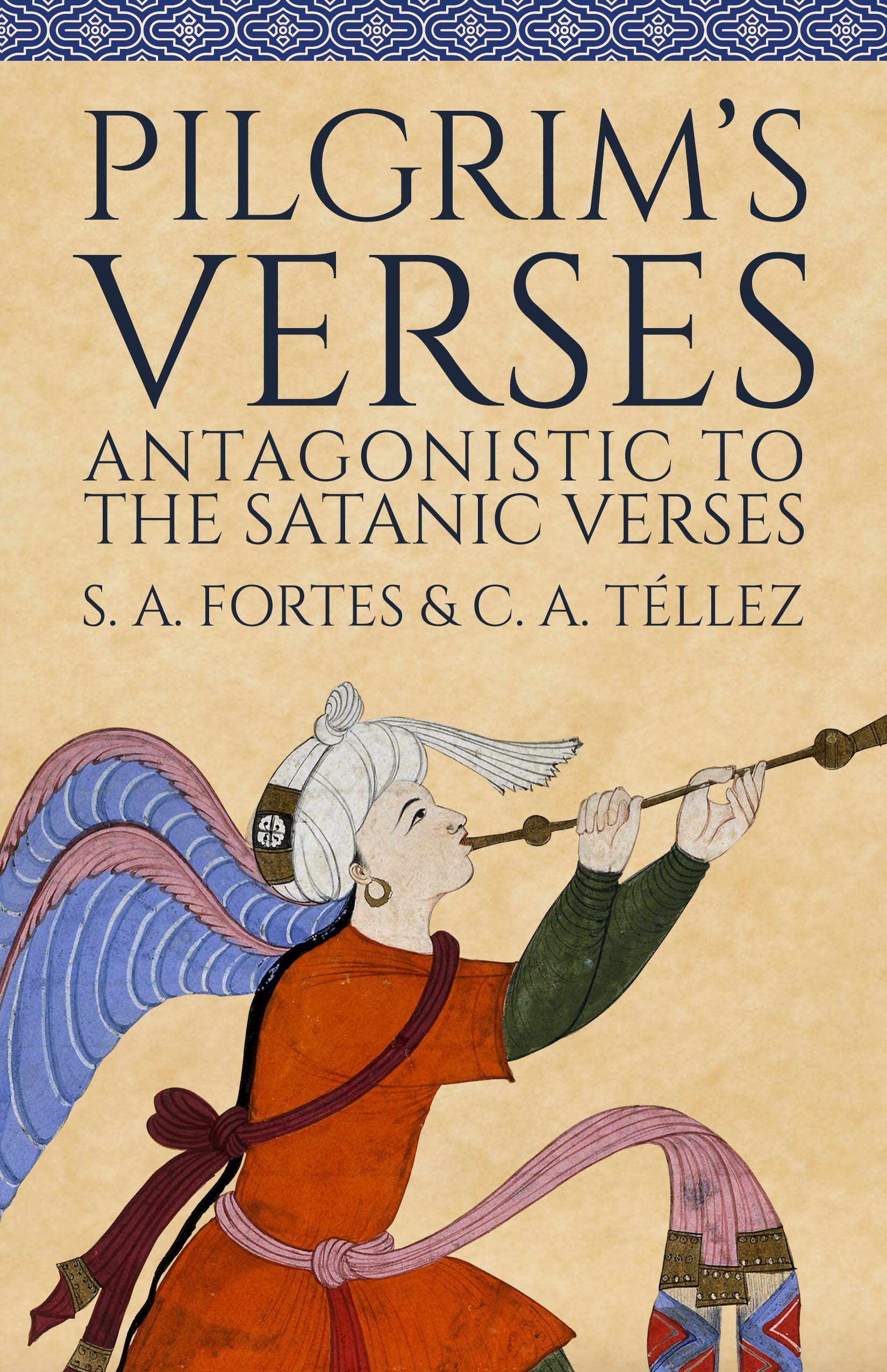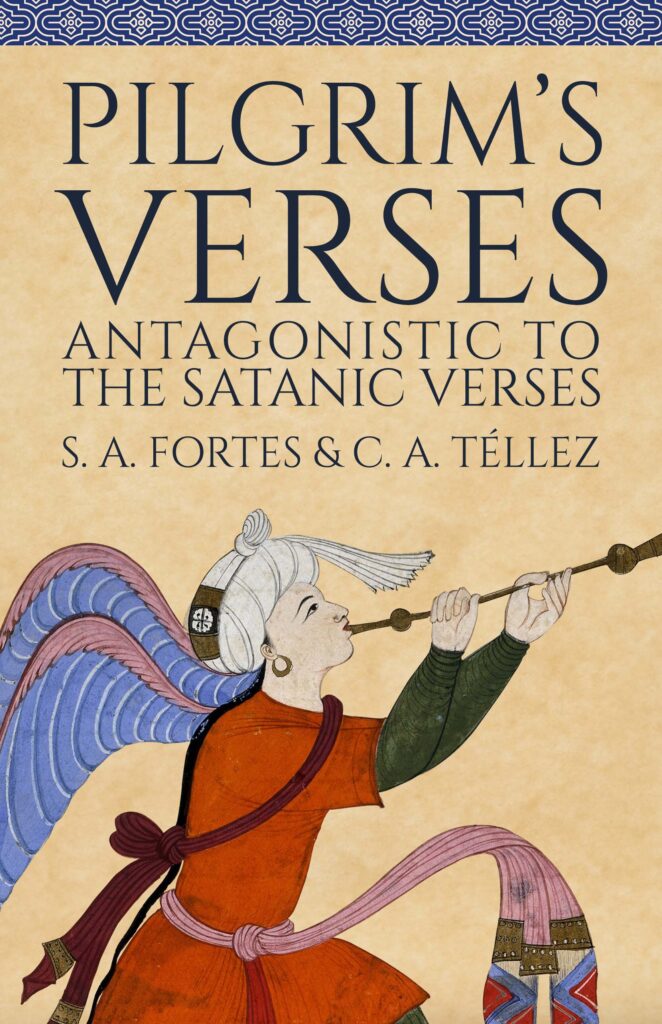I'm Claudio Téllez-Soto
CLAUDIO A. TÉLLEZ–SOTO is of Chilean origin, with a master’s degree in Philosophy with a mention in Chemistry, from the University of Chile. Doctor Rer. Nat., from the Dortmund University (Germany) and Full Professor from the Federal Fluminense University (Brazil). Téllez is the author of the books:
- “Hurtado, hombre de Dios” (Ed. ZigZag–Santiago de Chile–2005)
- “Los Enigmas de Shavi” (Ed. ZigZag–2009)
- “Vinho Velho” (Ed. Horus. Portugal–2022)
- “A música das moléculas” (Ed. Horus, Portugal–2022)
- “Thol, a história de um golfinho” (Ed. Biblioteca 24 horas. Brazil–2011)
- “Manhazinha” (Ed. Biblioteca 24 horas. Brazil–2011).
He is also the author of the following works:
- “Don Alonso, caballero de amor y Guerra,”
- “Tango em Vietnã,”
- “Natxis y Gobe no mundo do átomo,”
- “The mystery of the snow crystals,”
- “Pevenerete.”
Téllez is a lover of classical music and passionate about literature, his favorite authors being Cervantes (Don Quixote), Halldor K. Laxness (Luz del mundo), Nikos Katzanzakis (Zorba the Greek). Téllez can be contacted via email: cayotellez@gmail.com.

Pilgrim’s Verses by Sabrina A. Fortes and Claudio A. Téllez–Soto presents a unique narrative in poetic prose that unfolds through multiple characters and timelines. This captivating work reveres significant episodes in the life of the prophet Muhammad, from the revelation of the Holy Word of Allah by the angel Gabriel to the triumphant recapture of Mecca.
The journey introduces Haidar, a devout individual in the era of Saladin. Embarking on a pilgrimage to Mecca, Haidar reflects on pivotal moments of his youth, offering readers profound insight into his spiritual evolution.
Nabrisa adds another layer to the narrative tapestry; a spirited Englishwoman defying societal norms by enlisting as a combatant during the Third Crusade, she leaves home to embark on a quest to reunite with her father, who serves under the banner of King Richard the Lionheart.
A malevolent djinn named Salman, cursed and driven by diabolical motives, seeks to eradicate the foundations of the Islamic religion, starting from its inception with the prophet Muhammad up to the present day.
The Pilgrim’s Verses stands as a compelling antithesis to Salman Rushdie’s Satanic Verses. Through its pages, the work elevates the Islamic faith by highlighting its core values of love, humanism, and brotherhood. In contrast to the discord sown by its antagonist, this narrative strives to amplify the essence of the Islamic religion, fostering a deeper understanding of its teachings and principles.

